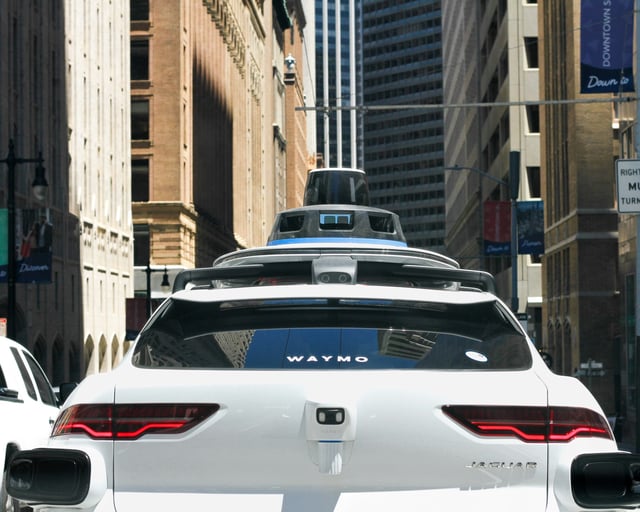Overview
- Researchers at the University of Surrey detail PEnG in IEEE Robotics and Automation Letters (2025), DOI: 10.1109/LRA.2025.3546513.
- PEnG reports reducing localisation error from 734 meters to roughly 22 meters in dense urban tests.
- The approach first narrows position using street-level matches, then refines it via relative pose estimation to determine camera position and orientation.
- The system is designed to work with standard monocular cameras and targets GPS-challenged settings such as tunnels and high‑rise city streets.
- The project has been released open source, and the team is developing a working prototype supported by the University of Surrey’s PhD Foundership Award.


